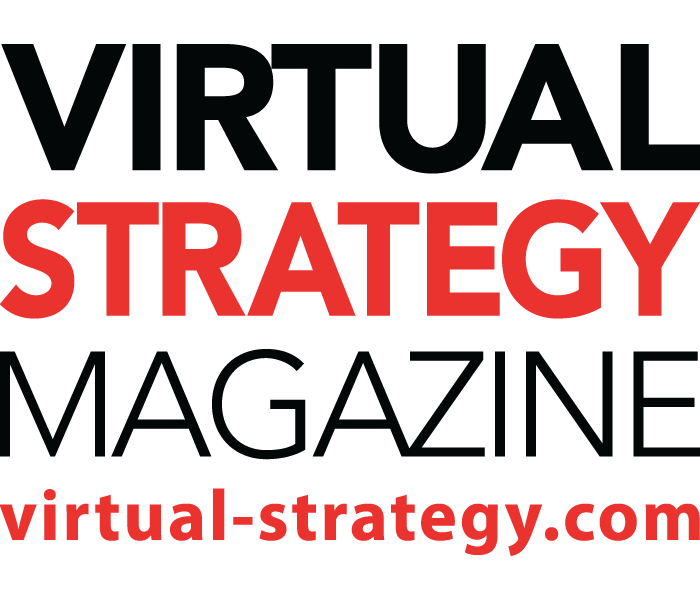We’re sure many of our readers are familiar with Liquidware, but for those that aren’t can you give us a quick overview of who you are and what you do?
TR: Liquidware helps the largest agencies, organizations, and enterprises manage Windows workspaces, apps, and users at scale. We provide adaptive workspace management solutions (AWM) that encompass all facets of management to ensure the ultimate user experience across all of, and any of these workspaces – physical, virtual, DaaS or hybrid models. Two virtualization veterans – David Bieneman and myself – founded Liquidware in 2009. David was the founder of Vizioncore and my previous company, FOEDUS, was sold to VMware in 2008.
We founded Liquidware initially as the ‘on-ramp’ to VDI. We gave companies the visibility to virtualize the right desktop workloads for the right users and partnered closely with VMware in the early days, culminating in us being recognized as their global technology innovator partner of the year in 2013.
These days our remit is much broader and deeper and we partner with all the leading EUC platforms including Amazon WorkSpaces, Citrix, Microsoft Windows Virtual Desktop (WVD), Nutanix Xi Frame, and VMware.
Tell us more about your Adaptive Workspace Management solutions; what benefits do they deliver users and businesses?
TR: We provide unparalleled visibility, diagnostics and troubleshooting with our Stratusphere UX monitoring solution. For user environment management, seamless migration to different Windows OS platforms and secure policy management we have ProfileUnity and for application layering we have FlexApp, which delivers applications “just-in-time” and on demand.
One of the key benefits these solutions deliver to the business is the adaptability of our products. Being able to traverse different operating systems and platform providers seamlessly removes many of the end user computing challenges seen in today’s hybrid deployments.
It would seem that Microsoft Windows Virtual Desktop (WVD) is the new game in town, how are you working with Microsoft?
TR: Microsoft has wisely chosen a few eco system partners to work with to deliver value add on top of WVD to enhance the ‘new game in town’. We provide a unique ability to seamlessly on board users to WVD and Windows 10 Multi-User (EVD – Enterprise Virtual Desktop), watch this informative video to learn how we do it: https://www.liquidware.com/videos/profileunity/automated-seamless-migration-microsoft-wvd-and-windows-10-evd.
Microsoft has chosen Liquidware for our FlexApp layering solution to enhance application delivery within WVD and to minimize base image management.
So, Liquidware provides a transition to WVD, enabling a seamless on boarding of users with ProfileUnity and then provides monitoring of the new environment and assists with any troubleshooting with our Stratusphere UX product.
We’ve authored a number of assets to help enterprises determine the validity of WVD as a platform for their business. In our white paper, authored by EUC experts, we have included a cost calculator to give organizations an idea of what it would cost them to migrate to WVD. All our assets can be found here: https://www.liquidware.com/solutions/solutions-platform/microsoft
What would you say are your key differentiators to the plethora of management solutions in the market today?
TR: We focus specifically on Windows and helping to deliver Windows at scale. While there are other ‘point’ solutions that provide a degree of what Liquidware does, our key differentiator is we combine all of our products into one, Liquidware Essentials. And, unlike other offerings, our user environment management and application layering solutions are integrated so that an admin only has one console to manage. Our solutions also do not call for large back-end servers for databases and the like, so infrastructure costs are kept to a minimum.
Liquidware is only one of a few remaining independent companies in your field of expertize, with many being acquired and some fallen by the wayside. How do you keep going?
TR: We are very proud of the fact that we have grown organically in our ten years in business and do not have any venture capital funding. Being an independent also enables us to work with all the key platform vendors and enables choice for our customers. Providing a robust enterprise management solution for our customers is our raison d’être and the fact that our renewal rates are far above industry average is indicative of our customer satisfaction rates – which means we’re doing something right!
Finally, where do you see the future for the EUC industry and Liquidware in particular?
TR: I certainly believe that many desktop workloads will move to the cloud with many companies also utilizing DaaS as a great platform for desktop disaster recovery. However, history tells us that hybrid, heterogeneous environments will remain the norm. Today, we still see over 80% of our deployments being on-prem. Liquidware’s position – now and in the future – will remain being the innovative and only provider of adaptive workspace management solutions to solve the issues of EUC management for enterprises.


